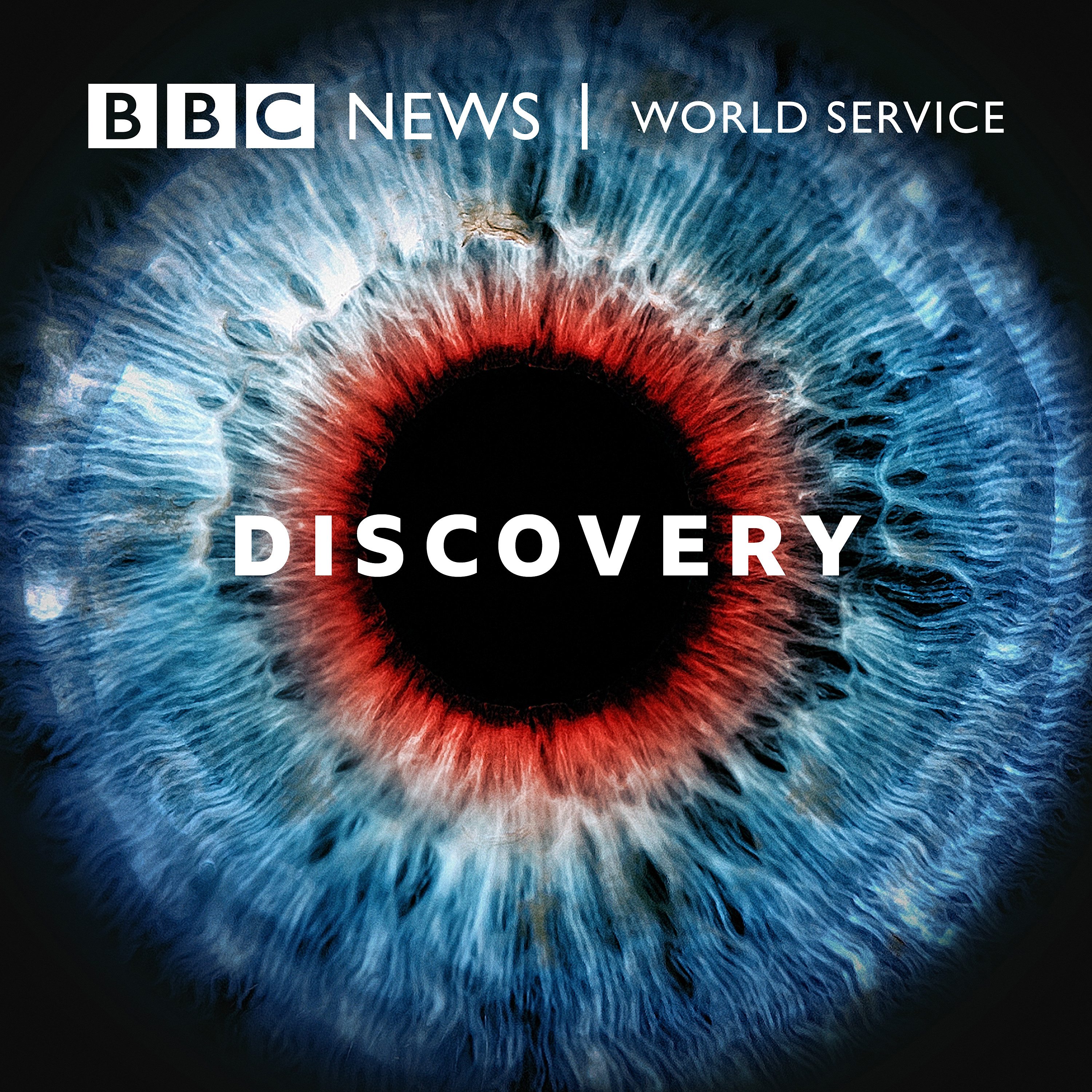
Discovery
Jun 27, 2023
We've been building computers to think like us for years, but our ability to replicate human senses has been impossible. Until now. This technological revolution is starting to profoundly change not only how we interact with the world around us, but is allowing us to see, hear, smell, taste and even touch things we never imagined possible before.
An artificial intelligence revolution is super-charging sensing technology, promising us eyes with laser precision, ears that can distinguish every sound in a mile's radius and noses that can sniff out the early signs of forest fires before the first flame forms.
Evolutionary biologist and broadcaster Professor Ben Garrod is off to meet some of these sensory innovators and technological pioneers; The archaeologists, ecologists and medics, who are turning our world upside down and inside out.
In episode two, Ben finds sound solutions to tricky problems. We’ll hear about the ear which works up to depths of 500m below the ocean. In this light-deprived oceanic environment, we’ll find out how sound has become the most important sense. We’ll learn how noise pollution has inspired a number of revolutionary scientists to create sound-based solutions to better animal conservation. Along the way, we’ll meet engineers and computer programmers who’ve been able to find animals we thought previously extinct, and learn how one colour blind ornithologist mapped the entirety of a Caribbean archipelago so he could help protect his favourite species from storms and freak climate events.
Could these new technologies and natural evolutions be redefining what it is to hear? Ben takes us through the amazing adaptations and technological developments that could help stretch our hearing further than ever before.
Produced by Robbie Wojciechowski Presented by Professor Ben Garrod Production Coordinator: Jonathan Harris
(Photo: Field mouse with large ears. Credit: Zoological Society of London/PA Wire)

